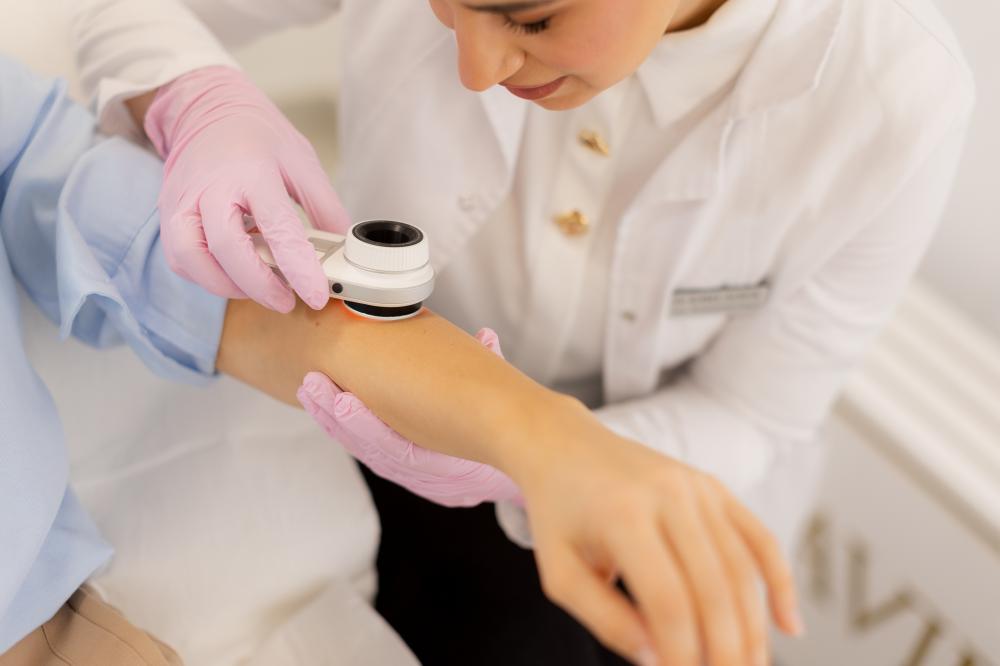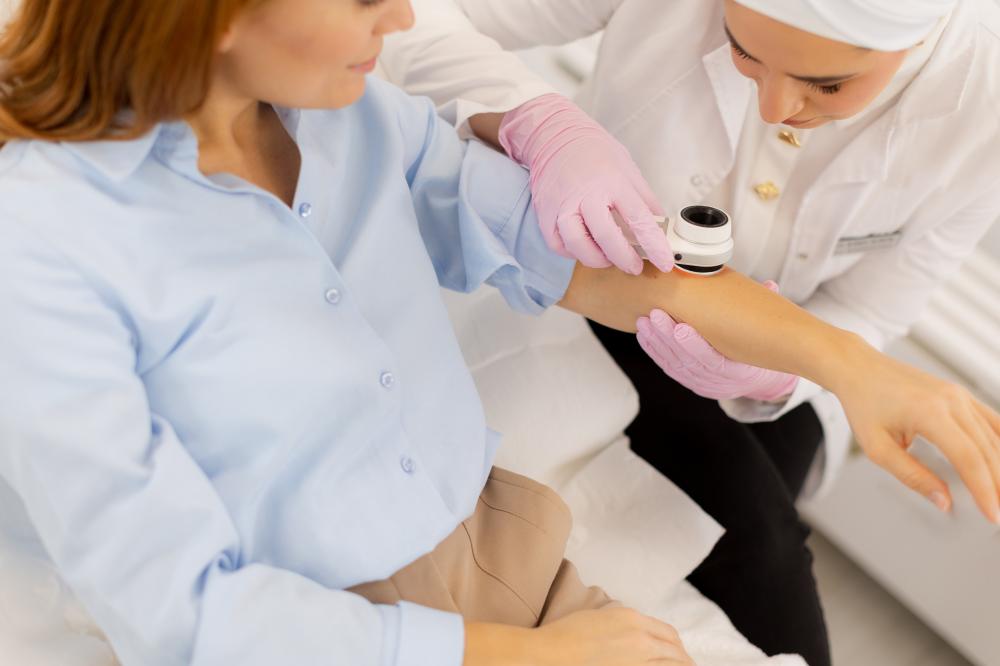What is Melanoma and Why is it a Concern in Melbourne, FL?
Melanoma, the most dangerous form of skin cancer, occurs when the pigment-producing cells that give color to the skin become cancerous. In a sunny locale like Melbourne, FL, where residents bask in abundant sunshine year-round, the risk of developing melanoma is notably higher. With increased sun exposure, the importance of Melbourne FL Skin Cancer Dermatology becomes evident as the community seeks preventive measures and effective treatments.
Skin cancer rates have been rising globally, and in Melbourne, dermatologists emphasize regular skin checks as an essential step in early detection. Dermatologists in the area often highlight the role of protective strategies, such as wearing broad-spectrum sunscreen and protective clothing, to mitigate the risks associated with UV exposure.
Given the city’s geographical advantage of sunny weather almost year-round, residents often engage in outdoor activities. This lifestyle increases their exposure to UV rays, contributing to a higher incidence of melanoma. Regular visits to dermatology clinics offering skin cancer screening and management can drastically impact outcomes.
The Benefits of Early Detection and Treatment of Skin Cancer
One of the primary advantages of early detection in Melbourne FL Skin Cancer Dermatology is the increased likelihood of successful treatment. Dermatologists are trained to recognize the subtle signs of skin cancer, allowing them to initiate prompt interventions. This proactive approach can mean the difference between a small surgical procedure and more extensive treatments.
Early detection extends beyond melanoma to include basal cell carcinoma and squamous cell carcinoma–the two most common forms of skin cancer. Both types are often successfully treated when caught early, usually requiring less invasive procedures like excisional surgery or targeted laser therapy.
Dermatologists employ a variety of diagnostic tools and techniques, including dermoscopy and biopsy, to obtain accurate diagnoses. These technologies enhance their ability to detect skin cancer at its earliest stages, ensuring that patients receive the best care possible. Working closely with patients, dermatologists also educate them about the importance of self-examinations and the identification of suspicious skin changes.
What Are the Common Procedures for Skin Cancer Removal?
At the forefront of Melbourne FL Skin Cancer Dermatology are several procedures designed to remove cancerous tissue effectively. Mohs Surgery, a precise technique aimed at excising cancerous cells while preserving healthy tissue, stands out as a preferred method for treating basal and squamous cell carcinomas.
Another common procedure is excisional surgery, where the cancerous tissue and a margin of surrounding healthy tissue are removed surgically. This method is often utilized for melanomas, especially when they’re in an early stage. The goal is to achieve clear margins, ensuring that no cancer cells remain.
- Mohs Surgery: Especially effective for basal cell carcinomas, this method allows for immediate examination of cancerous tissue.
- Cryotherapy: Less invasive, this technique involves freezing cancer cells, often used for precancerous lesions.
- Electrodesiccation and Curettage: A scrape-and-burn technique used for superficial skin cancers.
The Role of Individualized Care in Dermatology
In Melbourne FL Skin Cancer Dermatology, personalized care is paramount. Each patient’s skin is unique, requiring tailored approaches for both prevention and treatment. Dr. Sumeet Thareja of Indigo Dermatology emphasizes the importance of individualized care in achieving optimal outcomes.
By considering factors such as a patient’s skin type, medical history, and lifestyle, dermatologists can devise customized treatment plans. This tailored approach is particularly important when considering the variety of skin cancers and their potential treatments. For instance, patients with a family history of melanoma might require more frequent check-ups and advanced monitoring techniques.
Patients often benefit from consultations that focus on both education and prevention tactics. Dermatologists provide insights on managing risk factors, such as minimizing sun exposure during peak hours and using high-SPF sunscreens. This proactive approach not only aids in preventing skin cancer but also encourages a collaborative relationship between dermatologists and patients.
Through personalized attention, dermatologists like those at Indigo Dermatology ensure that patients in Melbourne receive care that is as unique as their individual health needs. This commitment to personal care builds trust and empowers patients to be active participants in their skin health journey.
What Qualifies as a Melbourne FL Skin Cancer Dermatology Emergency?
A Melbourne FL Skin Cancer Dermatology emergency arises when there are rapid changes or alarming symptoms in a skin lesion. Such changes may include sudden growth, bleeding, or a change in color or texture, especially if the lesion becomes painful.
- Quickly assess the lesion using the ABCDE rule: Asymmetry, Border irregularity, Color variation, Diameter, Elevation.
- Note any symptoms like bleeding or itching that develop unexpectedly.
- Contact a dermatologist immediately for an expert evaluation and possible intervention.
- Consider urgent care if the dermatologist is unavailable, especially if the lesion is rapidly worsening.
Understanding when to seek urgent care can prevent the progression of potentially serious skin conditions. Dermatologists often advise patients to err on the side of caution, especially when concerning skin changes occur.

